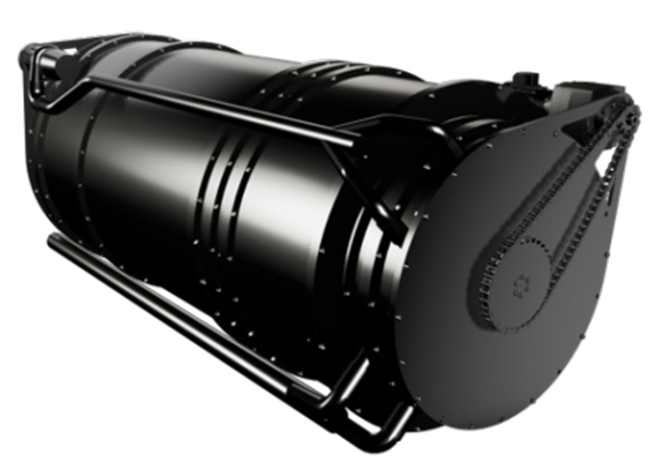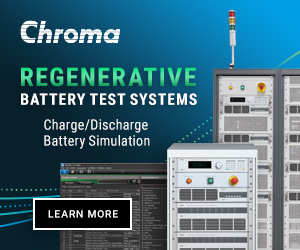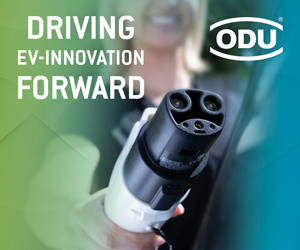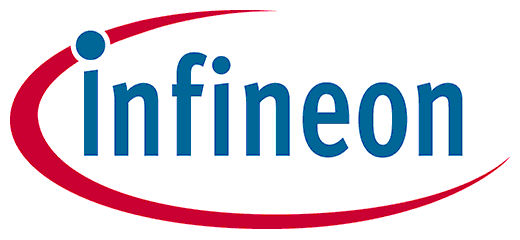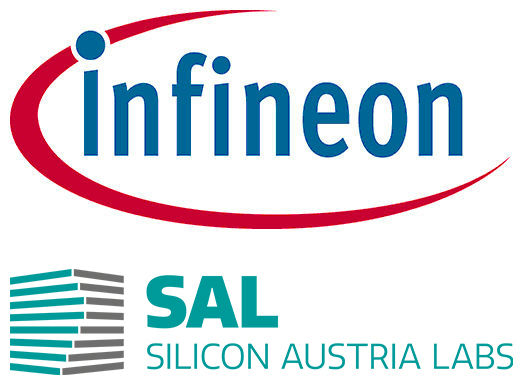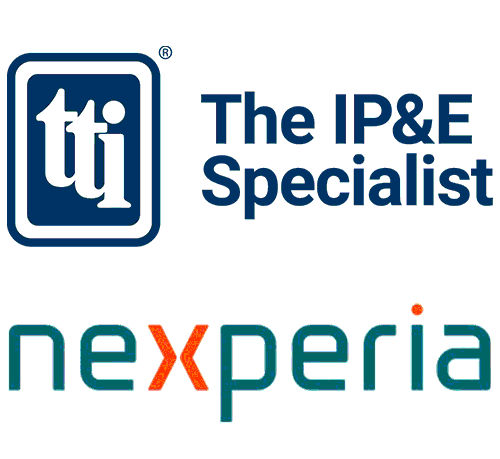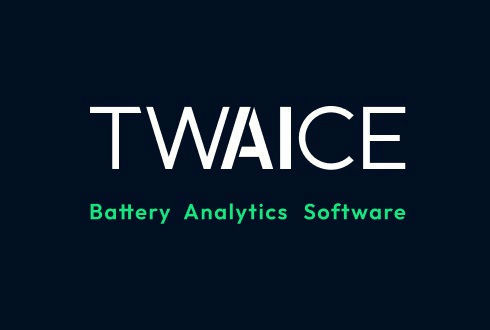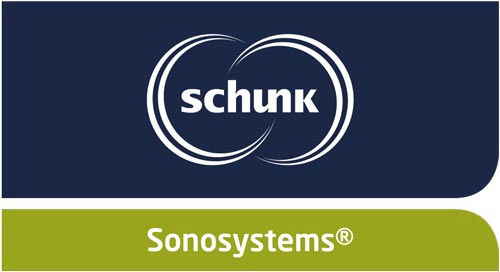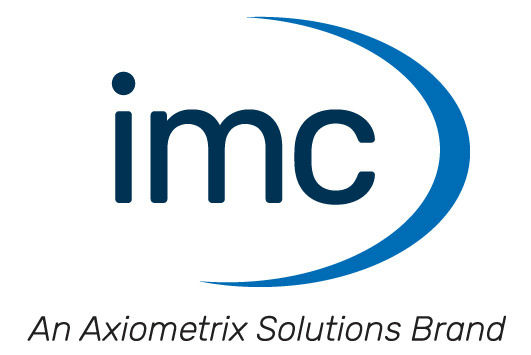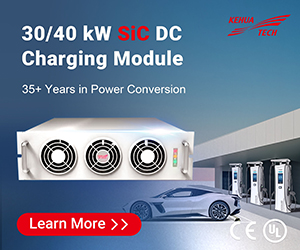Intelligent Power Generation (IPG) has secured a £1-million contract from Highways England (HE) to demonstrate its turbine technology for EV charging infrastructure.
IPG’s Flameless Ceramic Turbine technology is designed to support EV charging in high-use and remote locations by using fossil fuels for grid-independent power generation.
According to IPG, in many high-use areas and remote locations in the UK, upgrading grid connections to meet future charging demand is not practical or commercially viable.
IPG’s CEO Toby Gill explained: “In those locations that cannot acquire the power they need from the national grid, on-site wind and solar is not always viable, leaving polluting diesel and gas generators as the only option. IPG’s Flameless Ceramic Turbine is essential in those instances. Through high efficiency and breakthrough flameless combustion, our technology provides the benefits of fuel-based power without the harmful pollutants—the elimination of which is a key driver in the government-backed switch to electric vehicles.”
Highways England engineer Brian Cull said, “Grid access and capacity issues, as well as the infeasibility of on-site solar and wind, is a barrier for EV charging in many locations. Highways England is funding this project to assess how IPG’s turbine technology could present a solution for delivering power at a competitive cost while improving air quality, which would alleviate grid stress in high-use areas, as well as enabling remote locations to facilitate EV charging.”
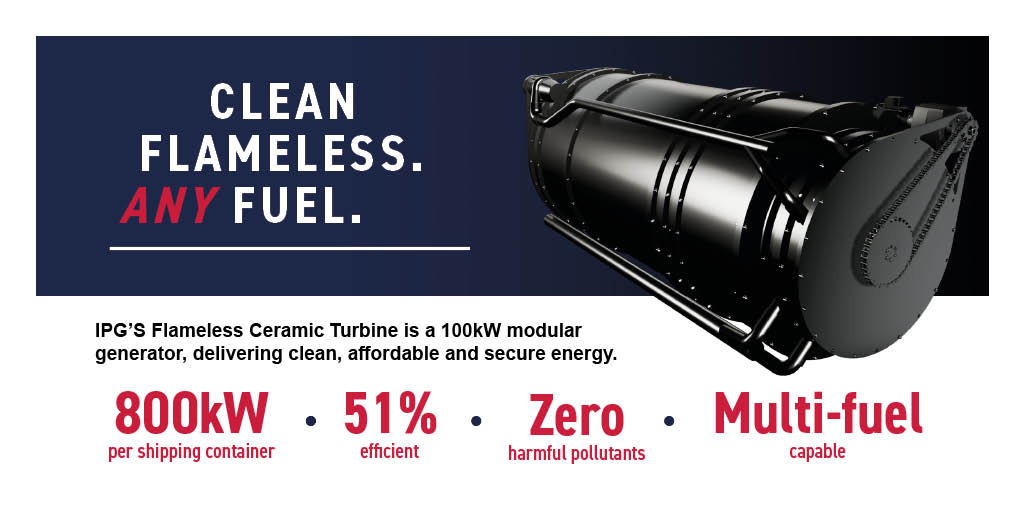

IPG’s Flameless Ceramic Turbine is a 100 kW modular generator. Up to 8 turbines fit in a 20-foot shipping container, forming a deployable power solution for EV charging companies that can be scaled to match demand in any location.
By bringing power plant efficiency to the microscale through high-temperature ceramics, IPG says its turbine delivers 51% fuel efficiency while reducing CO2 emissions by 43% and fuel costs by up to 76%.
Gill explained, “Not only can IPG’s technology deliver low-emission, pollutant-free energy on today’s cleaner fuels. It also enables EV charging service providers to transition to truly net-zero power, as biofuels and hydrogen become available.”
Source: IPG




